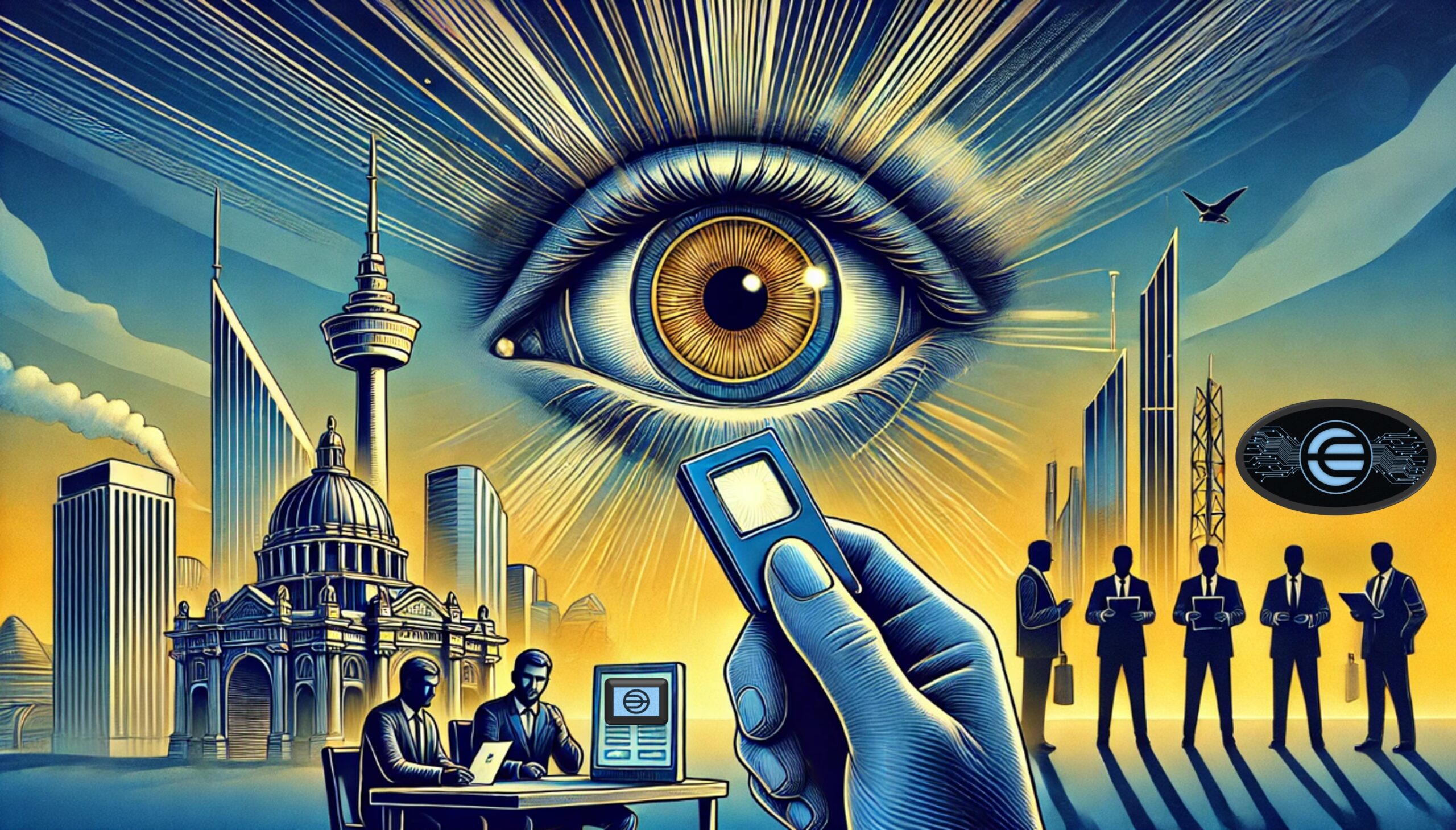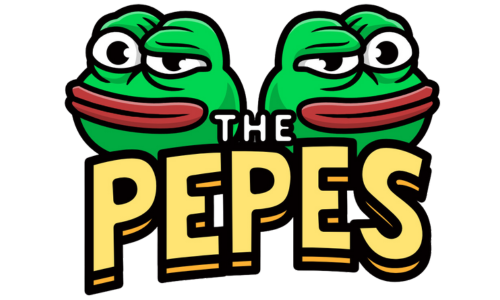Worldcoin Grows in Mexico While Facing Sanctions in Argentina and Global Scrutiny

Worldcoin is expanding in Mexico but still faces regulatory challenges across much of Latin America. Co-founded by Sam Altman, OpenAI’s CEO, along with Alex Blania and Max Novendstern, the project aims to distribute crypto more fairly around the world. To achieve this, it allows users to verify their identity through iris scans using the ‘Orb’ device.
In April, Worldcoin announced it would expand operations in Mexico, opening new Orb locations in Monterrey, Mexico City, and Guadalajara. Six months later, Mexican media reported that World ID verification services arrived in Puebla, a major industrial and cultural hub near the famous Popocatépetl volcano.
With four centers now operating in Puebla, the company claims to offer verification services ensuring that only ‘unique human beings’ receive global IDs. Still, security and IT experts are urging caution, as countries like Spain, Kenya, and Portugal have already halted the service in their regions.
The situation for Worldcoin in Latin America has been turbulent. In July, the Ministry of Production, Science, and Technological Innovation of Buenos Aires Province (Argentina) fined the Worldcoin Foundation 194 million pesos, citing abusive clauses in contracts for biometric data collection. The provincial government reported discrepancies during inspections between what was uncovered and what the company had disclosed.
Additionally, last April, Congresswoman María Eugenia Hernández called on Mexico’s National Institute of Transparency (INAI) to evaluate the impact of Worldcoin’s biometric technology. She stressed her commitment to protecting Mexicans’ personal data at a press conference with privacy experts from several countries.
It’s also worth noting a report from UNAM Global magazine: Carlos Tlahuel, head of information security at UNAM’s General Directorate of IT (DGTIC), made this statement:
“Each institution must provide a clear explanation of why they’re collecting personal data and how it will be used. Biometric data, in particular, requires special handling, and the company hasn’t explained why it needs it. This lack of transparency leads to speculation and makes some countries skeptical about the project.
Biometric data, like an iris scan, is extremely sensitive because it’s a unique authentication code that can’t be changed. If stolen, it could be misused for anything from draining bank accounts to illegal activities like money laundering. The situation with Worldcoin is troubling because this data is incredibly valuable and needs to be protected with the utmost care”.
But the controversies don’t end there. Reports indicate that many people who provide their biometric data do so out of extreme economic necessity… A few months ago, an Argentine citizen’s testimony highlighted the struggles faced during the ongoing economic crisis that has plagued the country since 2018.
“I’m doing this because I’m broke; there’s no other reason. I didn’t want to, but at my age, no one will hire me, and I need the money”.
–Juan Sosa, 64-year-old martial arts instructor.


